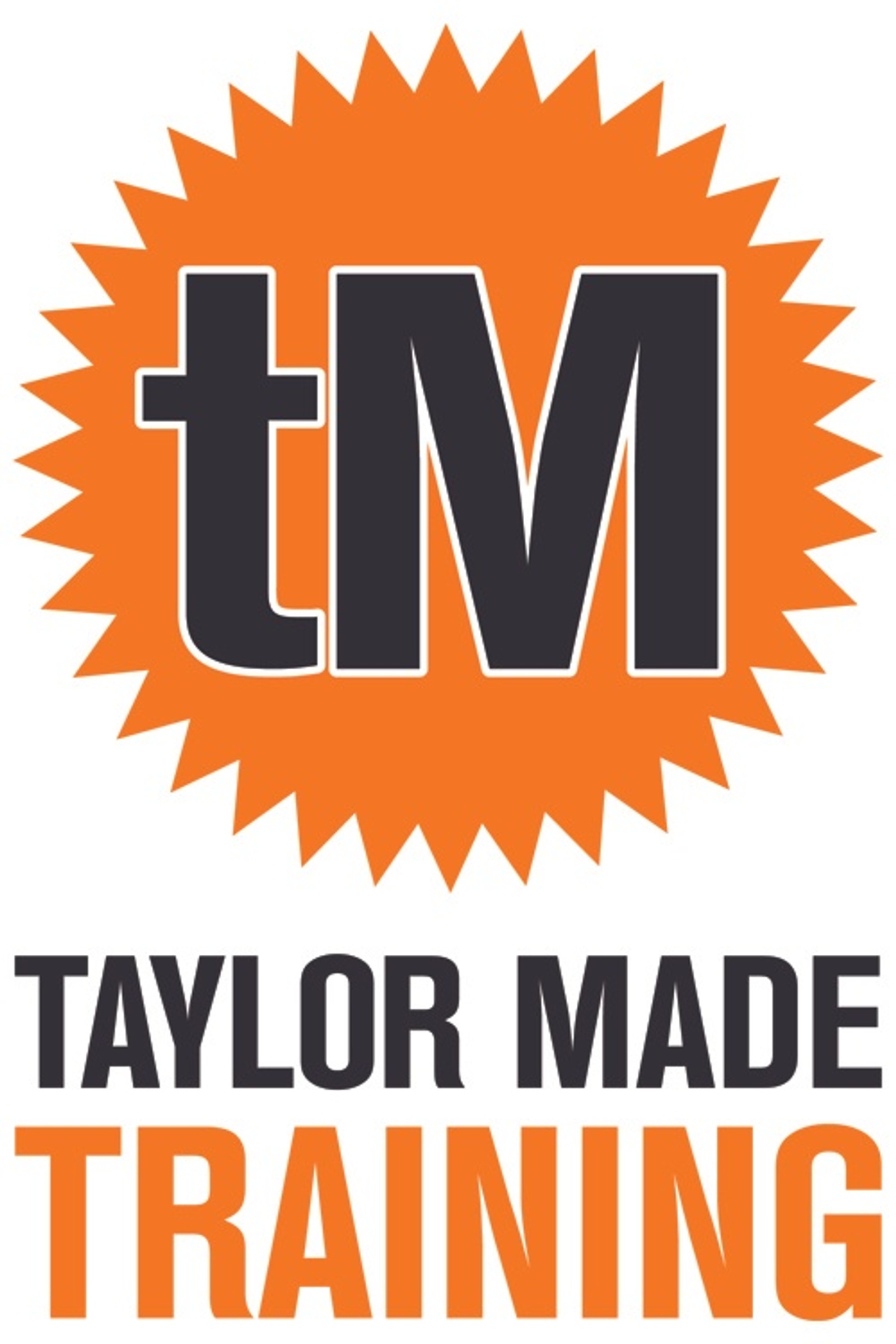Answering the Unanswerable: Counselling those bereaved by suicide - Christchurch
Event description
The effects of a suicide on whānau and hapū, friends, work colleagues, and communities are deep and lasting. Many individuals undergo a complex grieving process, which is intensified by the stigma associated with suicide or mental illness.
Suicide poses an elevated risk of additional suicides within families. Intergenerational suicide contagion is now acknowledged as a notably heightened risk factor, with certain studies suggesting that a family history of suicide can amplify the risk ten times. Counselling should address intergenerational suicide and suicide clusters. As stated by Shneidman, postvention serves as "prevention for the next generation."
It's crucial for counselors supporting those grieving a suicide loss to not only be skilled in bereavement support but also in helping individuals or families find meaning in the death in a manner that reduces the risk of suicide contagion within the family.
Workshop Description:
Bereavement caused by suicide has similarities with other forms of grief, but it also has distinct differences. The workshop's primary focus is on comprehending these unique attributes, recognizing how they affect individuals and relationships, and addressing them within a therapeutic setting.
The grieving process is known to be intricate and can extend far beyond other forms of bereavement, with lasting effects that may persist for years following the death. This workshop offers insight into the unique aspects of grief when providing support to individuals or families who have experienced a suicide loss.
The impact of suicide can extend far beyond the individual's close circle to affect a larger number of people. Studies suggest that up to 135 individuals may be influenced by each suicide. Therefore, with the significant prevalence of suicide in our society, it is crucial for counsellors and clinicians to be able to effectively support these clients by comprehending the complexities of grief related to suicide.
Topics covered in the workshop:
- Please Explain - An overview of suicide and why people do it
- Whose fault is it? Making sense of the Why?
- Is suicide a selfish act? – Understanding the suicidal person’s thinking process
- The suicidal moment
- Grief Theory in the context of bereavement by suicide
- Dealing with the shame and stigma of suicide
- The impact of abandonment and self-doubt in grief processes
- Understanding family dynamics after a family member has suicided
- Therapeutic outcomes when working with individuals and whānau bereaved by suicide
- Suicide contagion, copycat suicides and inter-generational suicide – why it happens
- Assessing suicide risk in those bereaved by suicide
An opportunity for a day of learning with award winning suicidologist, Barry Taylor
Barry has worked in mental wellbeing promotion and suicide prevention/postvention for 34 years at the local, national and international levels. His extensive experience includes sitting on state and national government advisory committees; designing, implementing and evaluating suicide prevention programs; writing suicide prevention guidelines, training packages and community resources; providing technical advice to community based and national mental wellbeing and suicide prevention programs.
He has led multiple ‘firsts’ in the context of suicide prevention and postvention both in Aotearoa New Zealand and overseas. In recognition of his outstanding contribution to mental wellbeing and suicide prevention, he was awarded in 2016 the NSW Mental Health Commissioner's Community Champion Award. He currently sits one of the Health and Disability Ethics Committees.
He has extensive experience in suicide postvention guiding numerous communties, schools, universities, workplaces and mental health organisa:ons through the aftermath of a suicide as well as providing support to those bereaved by suicide. He is a member of the Clusters and Contagion in Suicidal Behaviour and the Suicide Postven:on and Bereavement Special Interest Groups of the Interna:onal Associa:on for Suicide Preven:on.
He has advised governments on effective postvention strategies and provided guidance for schools in both New Zealand and Australia. In 1990 he wrote the first postvention guidelines for New Zealand schools, In a Time of Crisis. In 2007 he developed the Wellington Regional Postvention Response, a whole of community response aimed at preven:ng suicide contagion and ensuring appropriate support to the bereaved. He has a par:cular interest in the rise of intergenerational suicide in whānau and hapū, especially in men.
After a number of years overseas, Barry is living back in New Zealand and is passionate about building the knowledge base, competence and capability within our country to effectively respond to the unacceptably high rate of suicide in this country.
WORKSHOP DETAILS
WORKSHOP PLACES ARE LIMITED. REGISTER EARLY TO AVOID DISAPPOINTMENT
Places in the workshop are limited. If the workshop is full please register your name on the waitlist
Group Booking Discount: Book 3 or more participants in one booking and receive 30% discount off each registration
Payment: Payment is by either:
Credit Card (Visa or Mastercard) or
Instalment payment (ZIP and Afterpay)
Invoice - Organisations can request to pay by invoice. At payment method click on Invoice,
Terms for Payment By Invoice
Payment by Invoice is only for NGOs, Government Departments, Te Whatu Ora, PHOs, Schools and tertiary organisations, businesses.
By selecting to pay by invoice the organisation agrees to the following conditions:
1. Your place in the workshop is not confirmed until payment has been received. Payment of the invoice must be made within seven days of registering to avoid having your registration cancelled. Late payment fees apply.
2. A Tax Invoice from TaylorMade Training and Consulting will be sent to you separately which will contain bank details for payment.
3. By registering for the workshop, you agree to the cancellation and policy. (refer below). Organisations who cancel within seven days of the workshop and have not paid the invoice for the outstanding registration fee are still obligated to pay the outstanding debt.
Cancellation and Refund Policy
Workshops can fill quickly. If you are no longer able to attend the workshop please cancel your registration as soon as possible. The following refund policy is strictly adhered to.
Cancellation up to seven days prior to the commencement of the workshop: Full Refund less $35+GST admin fee
Cancellation within seven days prior to the commencement of the workshop: No refund but registration can be transferred to another person. To transfer your registration log on to your registration and update the name and contact details to the new person attending.
Non attendance: No refund
Disclaimer: The information and professional advice delivered in the workshop and the associated printed material is provided solely on the basis that before relying on this material, participants should obtain appropriate advice relevant to their particular circumstance to evaluate its accuracy, currency, completeness and relevance for their purposes. TaylorMade Training and Consulting will not be liable for any damages of any kind to any person or entity arising from the use of this information. Your attendance at this workshop reflects your acceptance of this statement.
Organiser Contact Details
Barry Taylor
Principal Consultant | TaylorMade Training and Consulting
Mobile: 022 397 9294
Email: registration@4wellbeing.nz Website: www.4wellbeing.nz
Tickets for good, not greed Humanitix dedicates 100% of profits from booking fees to charity


